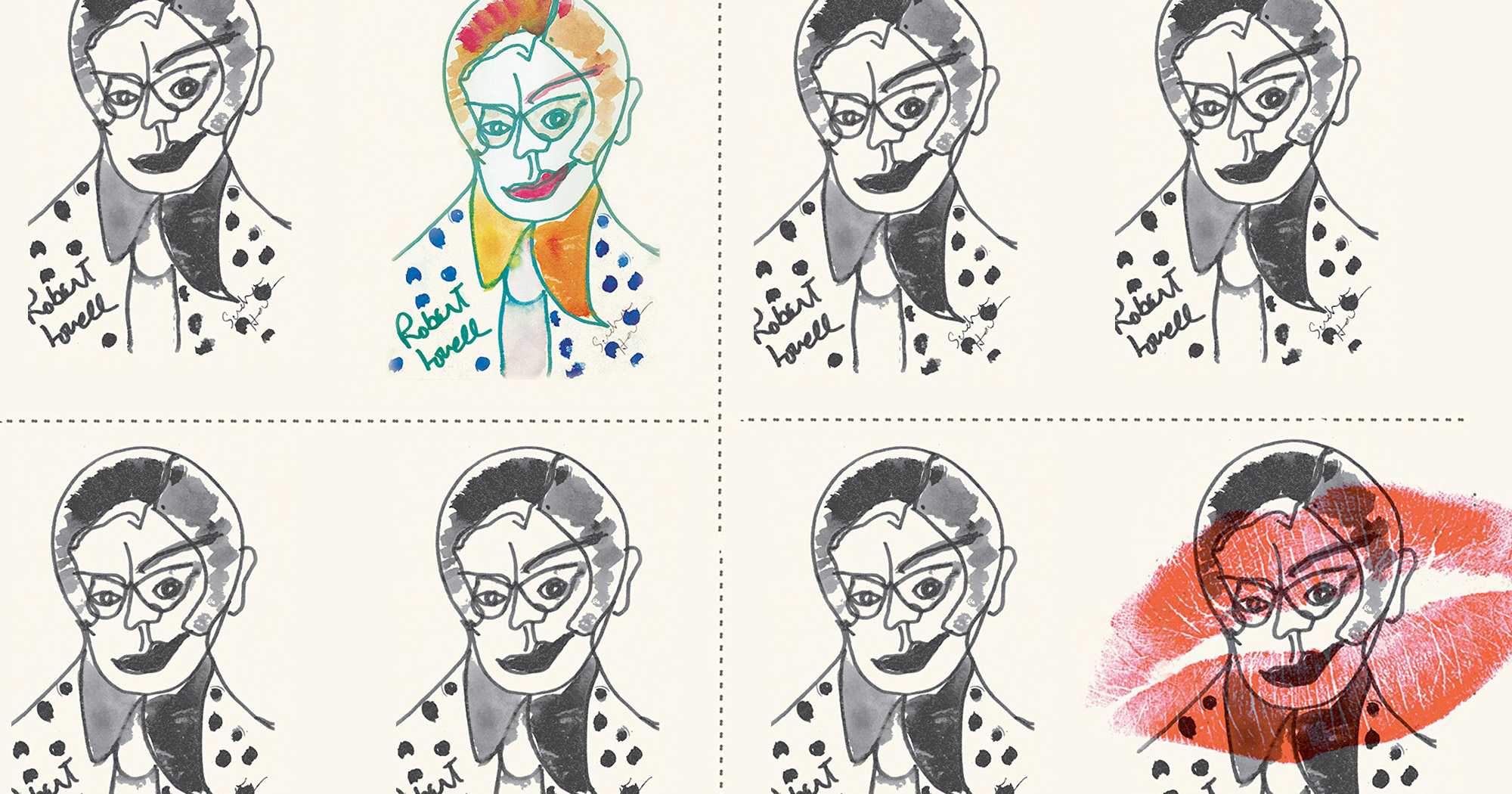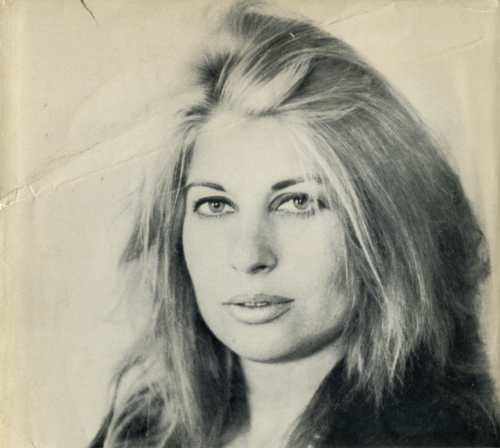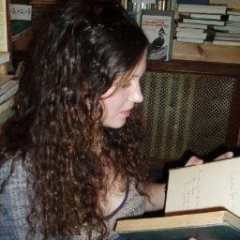A Passionate Poetic Affair

There’s a sense of romance that surrounds poetry––and, by extension, those who write it. It turns ordinary beings with extraordinary dictive gifts into legends of their time. In the 20th century, this was perhaps true for no one so much as Robert Lowell. Fellow poet Sandra Hochman fell into adoration of his work with the rest of her contemporaries, and after an arranged interview, found herself in a passionate affair with the poet himself.
That relationship with Lowell—Cal, as she knew him—is the basis for her new memoir, Loving Robert Lowell (Turner Publishing). It goes beyond the poets’ voracious first encounters with each other to explore Lowell in relation to his young lover, and the impact that he had upon her ever after.
Sandra Hochman, Loving Robert Lowell
Your memories of Cal trade between extremes—from the thrill of immediate declarations to the white-eyed Nazi scene. When you think back over your time with him, which feelings or memories dominate?

Sandra Hochman: This 'isn't a book about his suffering. It's a love story.'
Definitely the happy ones. His episode of insanity came as a complete surprise to me. I never think about it except for when I was writing my memoir. When I think of Cal, I only think about the wonderful things we did together and how happy we were. Everything we did together was beautiful, whether it was going to the opera, or taking a walk on East End Avenue, or reading poetry out loud, or going to art galleries. We were more than just lovers, we were best friends. That’s what I remember.
You are a respected writer in your own right; why write a memoir with another poet at its center?
I can hardly compare my poetry to Robert Lowell’s. He was the greatest 20th century poet after T.S. Eliot. The reason I am writing about him is because we had a beautiful relationship and because he’s so famous, people want to know as much as they can about him. This was a man who I was in love with. It’s not about his poetry or mine. It’s very rare that one finds a book where two people feel so entwined in each other’s lives and so perfect for each other.
People also need a new perspective on Robert Lowell. A recent biography….talked mostly about Cal’s mental problems and his illness. My account is the only book that talks about what he was like when he was well. This story doesn’t exist anywhere else.
Everyone likes to see the rich and talented suffer, but Loving Robert Lowell isn’t a book about his suffering. It’s a love story.
Of your own canon, what work are you most proud of, and why? Did Lowell have any influence on that?
Earthworks: Poems 1960 -1970 and Love Letters from Asia. Cal’s work is always somewhere in my mind, but I wrote these poems after I married my second husband. I met him when he was working for the American government in Hong Kong. After we married, we lived in Asia, and I wanted to write a book of celebrations. What influenced me to write Love Letters from Asia was that I was reading Ariel by Sylvia Plath and it was so magnificent, but I felt that I could have an answer to her darkness with a book of light. Love Letters from Asia is a celebration of life, not a miserable complaint. Although I have written about misery, I wanted a change of pace. I wanted to see if it was possible to write about things that were joyful as well as things that were miserable.
Living in Hong Kong was such a joy because I was happily married, I didn’t have money problems, it was in the tropics, and I wasn’t trying to have a career. That I was published in The New Yorker was only by accident. I was playing tennis a lot, I was healthy and young. It was a book of praises rather than complaints. A book of blessings rather than bruises.
How, for you, does writing prose compare to writing poetry?
Robert Graves, who was a friend and was a great poet, said to me, “If you can write poetry you can write anything.” Poetry is a way of training yourself to write anything you want: journalism, playwriting, novel writing.
The basis of my writing comes from the fact that I was writing poetry since I was very young in boarding school. I read T.S. Eliot in the fifth grade. The boarding school I went to was like Oxford, it was very advanced creatively. They didn’t believe in dumbing down literature for children. They gave us books that were serious and beautiful. I was reading Shakespeare when I was eight years old. I was also acting in Shakespearean plays, which is another way of hearing the poetry. I believe that poetry is meant to be read out loud. I feel all writing should be read out loud. When I teach, I ask my students to read their work out loud because it’s an auditory art.
Why did you choose the independent publishing route for Loving Robert Lowell? What was your experience of bringing it to press with Turner like?
My story is a story of miracles. I was very famous when I was young. I had the opportunity to be on prime time television. I was interviewed by Edwin Newman, the leading interviewer at the time. I was giving readings all over the world. The publishers came to me. Suddenly, when I got to be 40 years old, I was no longer the young genius. In fact, no one was interested in my work. I didn’t have an agent. If you don’t have an agent you might as well tap dance with a hat on the street because no one is interested in you.
I was lucky because a long time ago I made a documentary about the women’s movement with Porter Bibb, called Year of the Woman. Recently, Arianna Huffington called me and asked if she could show my film. I was honored! One of Ms. Huffington’s colleagues, Emily McAllister, and I became friends. I loved Emily. I confided in her that a lot of writers thought I was a great writer, but they were all dead. I thought my career was over because I didn’t have an agent. And she said, “I’ll be your agent.” I said, “How can you be my agent? You’re a film maker.” But I knew she had a master’s degree in business from Cornell so I said, “Go ahead and try!”
Miracle of miracles, Emily came to me and said Turner was interested in publishing my books. I was so happy! Turner is like my fairy godmother because they are not only publishing my new books, they are publishing everything I’ve ever written. It’s very hard for me to believe how lucky I am. Year of the Woman is now being shown all over the world 47 years after it was made, and Turner is bringing the Sandra Hochman library to bookstores.

Michelle Anne Schingler is the managing editor at Foreword Reviews. You can follow her on Twitter @mschingler or e-mail her at mschingler@forewordreviews.com.
Michelle Anne Schingler
